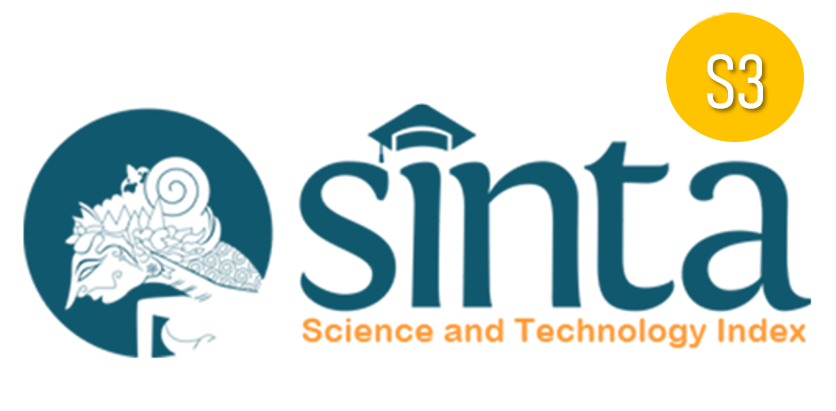Determinants of Grade 9 Students’ Academic Performance in English
Abstract
Academic performance in English is essential for every graduate to respond to the needs of global trends. Thus, every school is being challenged to produce globally competitive individuals. This study determined the relationship between students’ academic performance in English and; language literacy, study habits, parental support, and teachers’ teaching ability of Grade 9 students of Sto. Tomas College-Danao City, Cebu. The study utilized Descriptive Correlational Design and Pearson Product Moment Correlation Coefficient. The standardized tests were used in conducting the survey. The result revealed that academic performance was highly affected by study habits. Study habits had a great impact on the success of students’ academic performance in English. Among all the variables of the study, the students’ study habits got the lowest percentage mean score. This implied that though how well the students were being supported by the parents, how good were they in language literacy, and how good their teachers’ performance in teaching but they lack study habits still; it would lead to low academic performance. However, the other predictors still contributed to students’ performance with the support of good study habits. Therefore; it needs an intervention on how to improve the students’ study habits to develop good academic performance in English. Administrators, teachers, and parents should work hand in hand for students’ study habits enhancement and good academic performance.
Keywords
Full Text:
PDFReferences
Bulger, S. M., Mohr, D. J., and Walls, R. T. (2002). The Journal of Effective Teaching. Journal of Effective Teaching, 5(2), 1-7.
Credé, M., and Kuncel, N. R. (2008). Study habits, skills, and attitudes: The third pillar supporting collegiate academic performance. Perspectives on psychological science, 3(6), 425-453.
Francisco, L. D., and Madrazo, C. A. (2019). Reading habits, reading comprehension and academic performance of grade V pupils. Asian ESP, 15(2), 138-165.
Glomo-Narzoles, D., and Glomo-Palermo, D. (2020). Effectiveness of Tutorials in Improving the Academic Performance of English Language Learners. International Journal of Language and Literary Studies, 2(3), 141-152.
Malik, R. S. (2018). Educational challenges in 21st century and sustainable development. Journal of Sustainable Development Education and Research, 2(1), 9-20.
Richardson, C., and Mishra, P. (2018). Learning environments that support student creativity: Developing the SCALE. Thinking skills and Creativity, 27, 45-54.
Van de Oudeweetering, K., and Voogt, J. (2018). Teachers’ conceptualization and enactment of twenty-first century competences: exploring dimensions for new curricula. The Curriculum Journal, 29(1), 116-133.
DOI: https://doi.org/10.17509/ijert.v2i2.41399
Refbacks
- There are currently no refbacks.
Copyright (c) 2021 Universitas Pendidikan Indonesia

This work is licensed under a Creative Commons Attribution-ShareAlike 4.0 International License.







.png)




